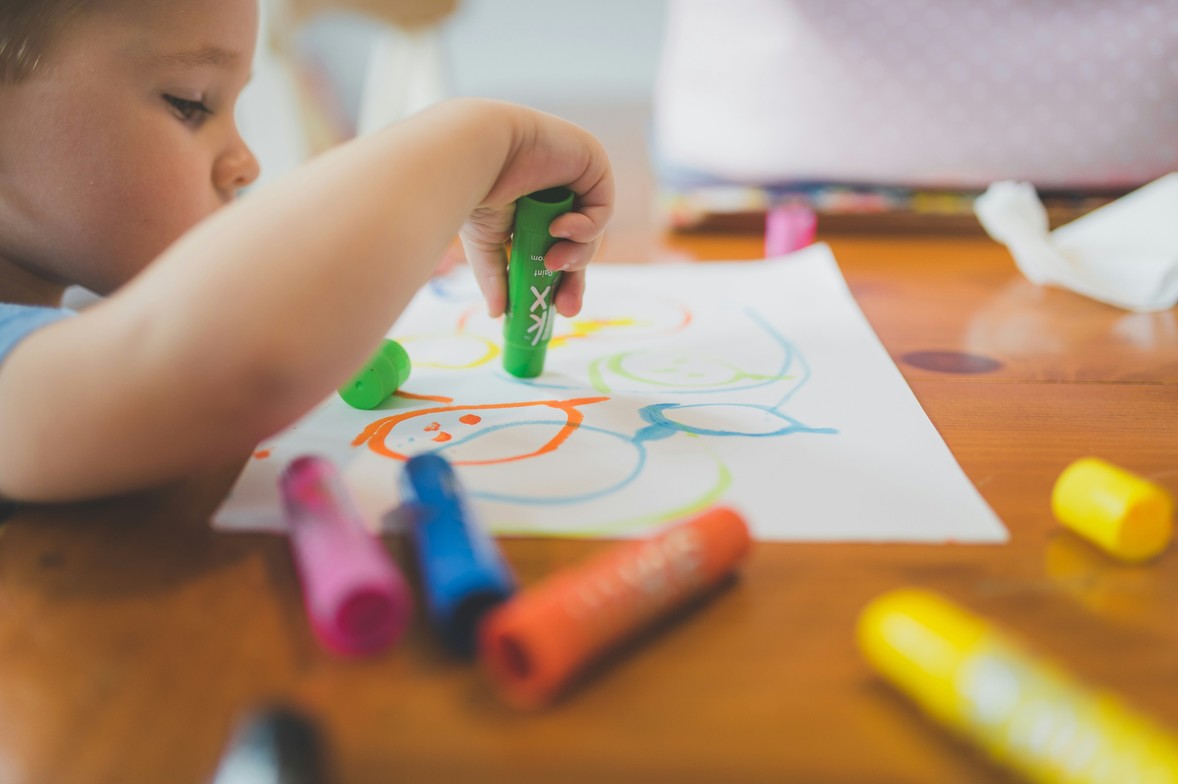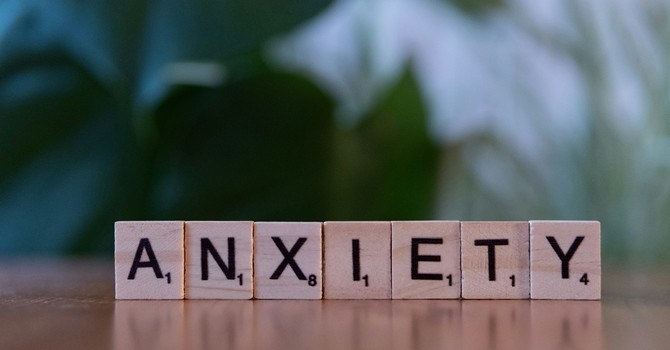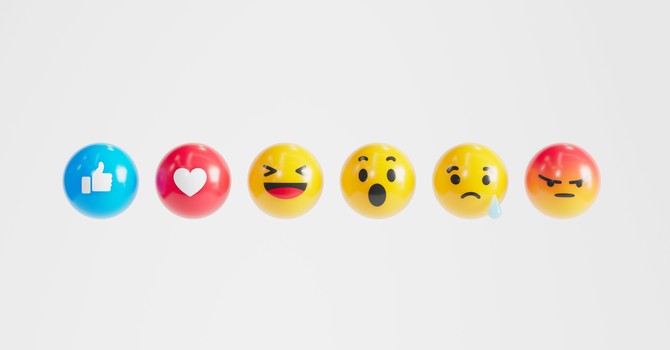
As a parent, caregiver, or just someone who loves watching little ones grow, you know that the years between three and six are a whirlwind. One minute they're demanding "mine!" and the next they're proudly showing off a crayon masterpiece. It's an incredible time of emotional blossoming, and understanding what's going on behind those big smiles (and occasional tantrums!) can make all the difference.
Erik Erikson was a brilliant psychologist who gave us a fantastic roadmap for understanding emotional development throughout life. For our little adventurers aged 3-6, Erikson's theory focuses on a stage he called Initiative vs. Guilt.
Think of it like this:
Initiative: The Budding Explorer
At this age, children are bursting with energy and a desire to do. They want to initiate activities, plan games, and explore their world in a more purposeful way. You'll see this in:
-
Imaginative Play: Building towering block castles, orchestrating elaborate tea parties, or turning a cardboard box into a spaceship. They're trying out roles and creating their own narratives.
-
Asking "Why?": They are super curious! They want to understand how things work and why things happen. This is their way of taking initiative in learning.
-
Trying New Things: Whether it's attempting to dress themselves, help with chores, or lead a game of tag, they're eager to try out new skills and exert some control over their environment.
As caregivers, our role here is crucial. When we encourage their ideas, give them opportunities to explore, and celebrate their efforts (even if the "help" makes more mess!), we're fostering that sense of initiative. We're telling them, "Your ideas are valuable, and it's good to try!"
Guilt: The Shadow Side
The "guilt" part of this stage comes in when children's attempts to take initiative are consistently met with criticism, control, or a lack of opportunity. If they're constantly told "no," or made to feel bad about their ideas, they can start to develop a sense of guilt about their desires and actions. This might look like:
-
Reluctance to try new things: Fearing failure or disapproval.
-
Over-apologizing: Even for minor "mistakes."
-
Lack of creativity: Hesitating to engage in imaginative play.
Finding the Balance
The goal isn't to eliminate guilt entirely; a healthy sense of guilt helps children understand right from wrong and learn empathy. The key is balance. We want our children to feel confident in their ability to initiate, plan, and lead, while also learning about boundaries, consequences, and respect for others.
How can we support them?
-
Encourage Play: Provide plenty of unstructured time and materials for imaginative play. Let them lead the way!
-
Offer Choices: Give them age-appropriate choices ("Do you want to wear the blue shirt or the red shirt?"). This fosters a sense of control and initiative.
-
Support Their Ideas: Even if their idea for a fort is a bit wobbly, cheer on their efforts. Help them problem-solve without taking over.
-
Gentle Guidance: When they make a mistake or do something inappropriate, explain why it wasn't okay in a calm, constructive way. Focus on the action, not labeling them as "bad."
-
Model Initiative: Let them see you trying new things, solving problems, and being creative!
By understanding Erikson's "Initiative vs. Guilt" stage, we can better support our little ones as they develop a healthy sense of purpose, creativity, and self-confidence that will serve them well for a lifetime.
For a clip notes version of this information and some more details, please check out the PDF document below.
Jacklyn Dodson
Contact Me


